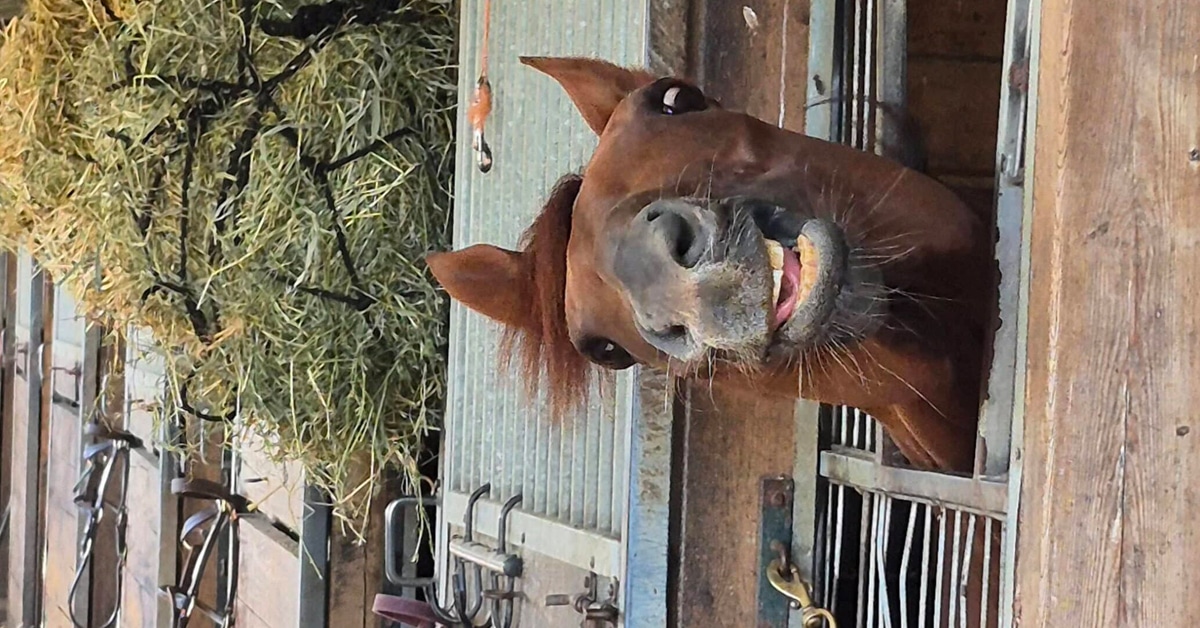Findings of Vesicular Stomatitis (VS) have been reported in the United States in the following states*:
- Oklahoma (Date of Notification: July 29, 2019)
- Wyoming (Date of Notification: July 24, 2019)
- Colorado (Date of Notification: July 3, 2019)
- New Mexico (Date of Notification: June 26, 2019)
- Texas (Date of Notification: June 21, 2019)
*Your local Canadian Food Inspection Agency (CFIA) District Office can update you on the current list of VS-affected states. Please note that additional states might be added on a daily basis.
Until further notice, the restrictions outlined below will apply to all equines being imported or returning from the U.S.:
1. U.S. origin horses for all end-uses from non-affected states: Importation is permitted. The following import requirement still apply and must be certified by USDA:
The animal(s) or thing(s) must originate from a state certified free from vesicular stomatitis.
All states in which the animal(s) have resided in the past twenty-one (21) days must have been free from clinical and epidemiological evidence of vesicular stomatitis during the twenty-one (21) days immediately prior to export to Canada.
2. U.S. origin and returning Canadian horses for all end-uses from the affected states listed above: Importation is prohibited, effective immediately.
3. Returning Canadian horses: Importation is prohibited if they stayed in one of the affected states listed above during the 21 days immediately prior to returning to Canada. They will have to be moved to a non-affected state, stay there for at least 21 days and be certified by USDA as follows:
The animal(s) or thing(s) must originate from a state certified free from vesicular stomatitis
All states in which the animal(s) have resided in the past twenty-one (21) days must have been free from clinical and epidemiological evidence of vesicular stomatitis during the twenty-one (21) days immediately prior to export to Canada.
It’s important to note that various U.S. states may also prohibit interstate movements without permit/certification/testing/post-entry testing, and the Canadian owner should check state requirements before movement.
4. Transiting VS-affected states: Whenever possible, U.S. origin and returning Canadian horses should avoid travelling through the affected states listed above. If the only route available is through a VS affected state, when the owner/shipper arrives at the Canadian port of entry they must complete a Supplementary Declaration Form.
Please contact your local CFIA District Office for any questions on this matter.
More News










